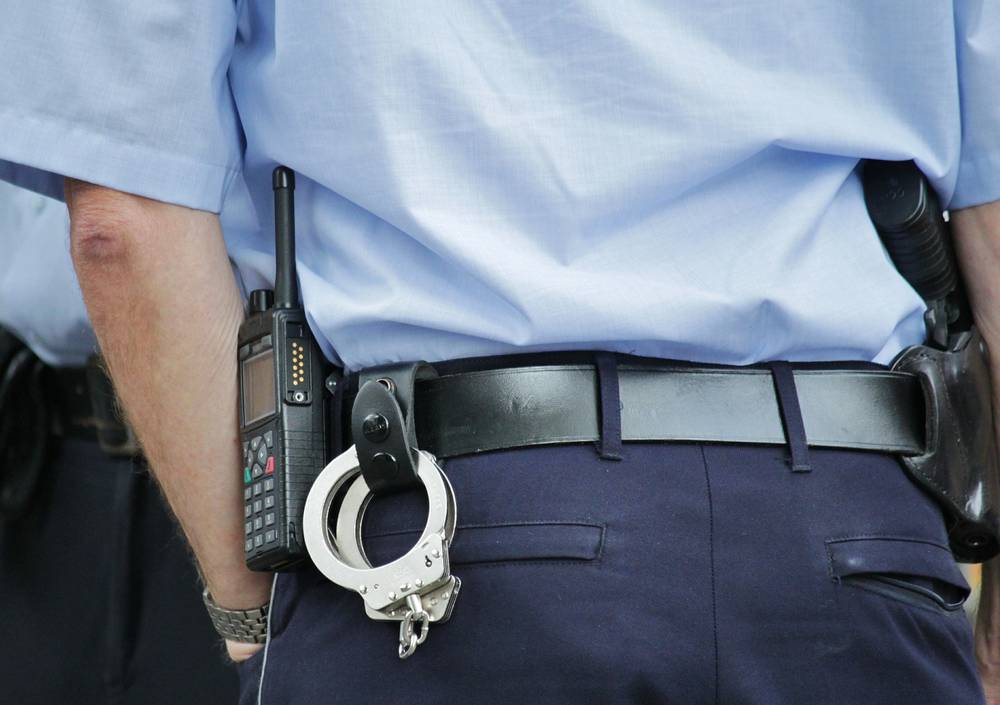The complaints procedure under the Police Tasks and Powers Act is an important instrument for safeguarding human rights. It is vital that police complaints be given all due and proper attention and, above all, that they be handled in accordance with the act. Ignoring a complaint against police officers can prevent access to an assessment of the merits of allegations made in the complaint. This in turn adversely affects the complainant’s legal interest as established and protected by the ZNPPol with the introduction and regulation of the complaints procedure.
* * *
The petitioner addressed remarks to the Ministry of the Interior (MNZ) regarding the work of the police officers who stopped and processed him while driving on 2 March 2021, claiming that they acted unlawfully. Instead of receiving a response from the MNZ as expected, he received a reply from the head of Šentilj police station, which was the home station of the officers about whom he had raised the complaint. As he was not satisfied with the explanations he received, he filed a new complaint containing his observations on the work of the police officers in question. In doing so, he referred to Articles 146 and 147 of the Police Tasks and Powers Act (ZNPPol).
On this occasion he received a reply from Maribor police administration that outlined the legal basis for the use of police powers, as well as their significance and purpose. The reply did not address the circumstances under which he had been stopped and which had been described by the petitioner, nor did it take a position on the circumstances of the police actions that had led him to file the complaint in the first place. He therefore addressed an application to the Ministry of Interior’s police complaints department on 31 March 2021, pointing this out and repeating his request that the circumstances of the traffic stop and the actions of the police be examined. On this occasion he referred to Article 5 of the Organisation and Work of the Police Act (ZODPol), as well as to the ZNPPol. He also sent this application to the director-general of the police and to the MNZ. After receiving no reply, he contacted the Human Rights Ombudsman.
The Ombudsman concluded that the conditions were in place to allow it to intervene if the complaint had not been dealt with in accordance with the ZNPPol. It therefore made enquiries with the ministry regarding the circumstances under which the petitioner’s applications had been handled.
Unfortunately, it was not until it received the Ombudsman’s enquiry that the ministry found out that the complaint sent to its police complaints department on 31 March 2021 had been ignored. It immediately sent all documentation to Šentilj police station to enable it to examine the petitioner’s application in accordance with the ZNPPol, and to establish whether the complaint was permissible and had been made on time, and whether the complainant was entitled to file it. If it were found that the complaint met the conditions for being handled in a complaints procedure, the MNZ provided assurances that a reconciliation procedure would be conducted in accordance with Articles 149 and 150 of the ZNPPol and Article 5 of the Rules on the Resolution of Police Complaints. At the same time, the ministry informed the petitioner that it would handle his complaint in accordance with the provisions of the ZNPPol and the Rules, and apologised for ignoring his complaint.
The Ombudsman regarded the petitioner’s complaint as justified and its intervention as successful. It was clear that, thanks to that intervention, the Ministry of the Interior dealt with the complaint in accordance with the procedure set out in the ZNPPol for the resolution of complaints against police conduct. 16.1-21/2021

![[Translate to English:] Policaj in lisice za pasom](/fileadmin/_processed_/5/e/csm_POLICIJA_in_redarstvo_-_a_href_httpspixabay.comphotospolice-cop-police-uniforms-378255Imagea_by_a_href_httpspixabay.comuserscocoparisienne-127419cocoparisiennea_on_Pixabay_c57c5ccd02.jpg)